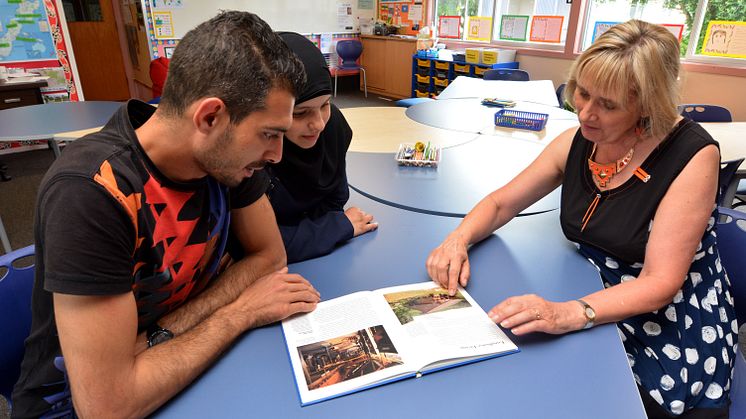Workers in newer Member States expected to work three weeks more per year
Workers in Member States that joined the EU after May 2004 were expected to work close to three full working weeks per year more than those in ‘older’ Member States in 2018.

Workers in Member States that joined the EU after May 2004 were expected to work close to three full working weeks per year more than those in ‘older’ Member States in 2018.

Germany this week celebrates 29 years since reunification, and next month will celebrate the 30th anniversary of the fall of the Berlin Wall. To mark this significant time, we share our research data, findings and analysis to provide a snapshot of Germany’s living and working conditions.

With a new European Parliament in place, and a new Commission imminent, it's all change at European level. Eurofound's upcoming research for the rest of 2019 reflects both established priorities under its work programme, as well as ongoing developments in work and life in Europe.
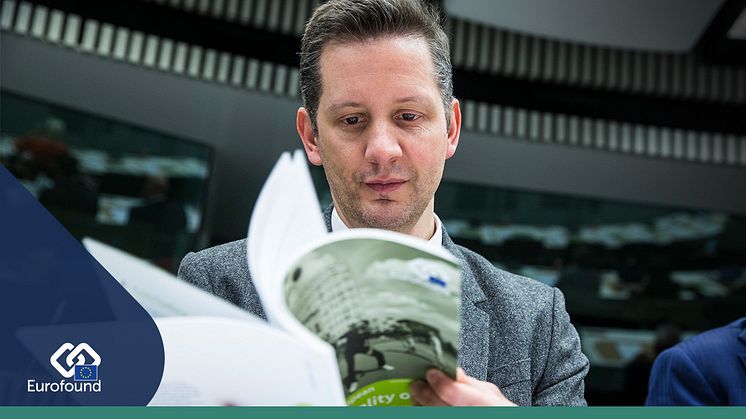
As Cyprus celebrates Independence Day today, we mark the day by sharing our research data, findings and analysis to provide a snapshot of living and working conditions in Cyprus today.
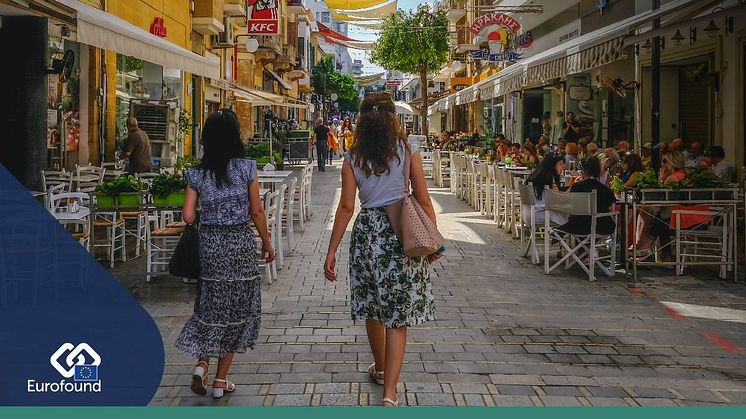
Strong upward convergence in employment and socioeconomic conditions has emerged between EU Member States over the past 20 years despite the negative effects of the economic crisis, according to new research from Eurofound.

Platform work across the European Union can facilitate better access to the labour market for disadvantaged groups, encourage participation among those with other responsibilities and foster self-employment and entrepreneurship. Eurofound’s new policy brief highlights the main opportunities and challenges of platform work and illustrates some of the first attempts at addressing them.

As Malta celebrates its Independence Day, we mark the day by sharing our research data, findings and analysis to provide a snapshot of living and working conditions in Malta today. Eurofound has been monitoring and reporting on the improvement of living and working conditions in Malta, in comparison to the other EU Member States, since before accession to the EU.

As Slovakia tomorrow celebrates Slovak National Uprising Day, we mark the day by shining a spotlight on the ever-improving living and working conditions in Slovakia.
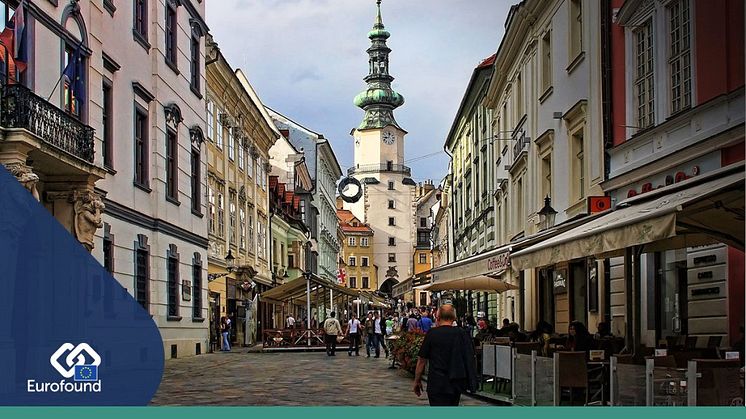
This graph, based on Eurostat data, shows that gender is an important factor in depression. In most Member States young women aged 15–24 were more likely to suffer from depression than young men. The greatest gender gaps were in Denmark, Germany, Ireland and Sweden. Only in Cyprus, Greece and Lithuania were there higher percentages of young men with depressive symptoms.
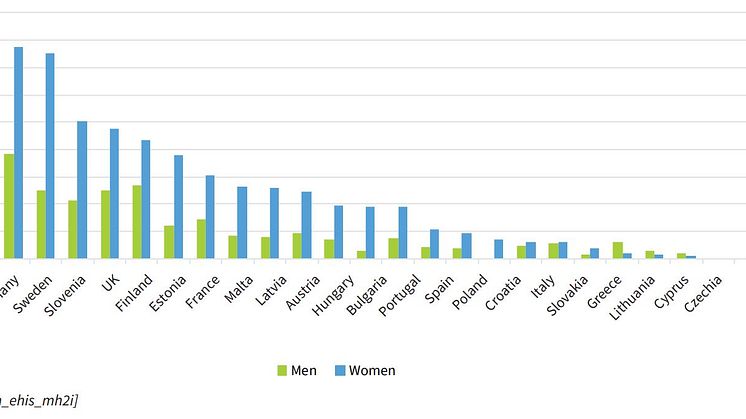
Across the EU, 14% of young adults are at risk of depression, and 4% of young people aged 15-24 suffer from chronic depression. Young women are more likely to find themselves not in employment, education or training, and are significantly more likely to suffer depressive symptoms than young men

There are high levels of optimism for the future in most EU candidate countries – including for future generations. However, current material hardships, deprivation, urban-rural disparities, gender inequalities and demographic ageing are fundamental challenges, and could undermine the current positive climate and future social cohesion.
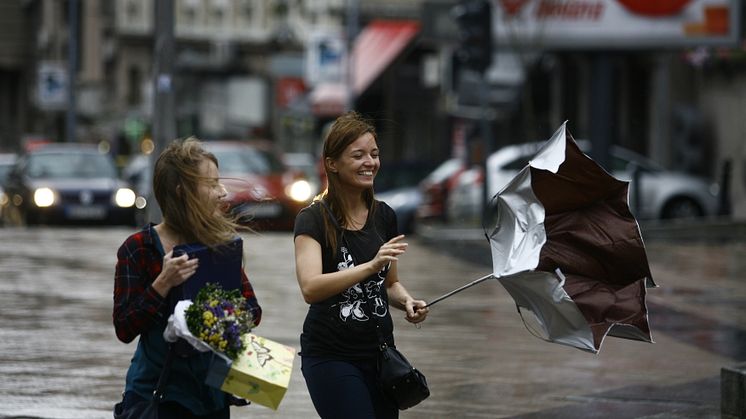
Today is World Refugee Day, the international day to show solidarity and support to refugees. Eurofound has just published a new report, coinciding with this occasion, looking at the role of public services in integrating refugees and asylum seekers.
